
Time is money—this holds especially true for every modern business owner who constantly juggles multiple tasks. In today’s fast-paced corporate world, effective time management can be the defining factor between sustainable success and drastic failure.
Whether you’re managing a small enterprise or leading an already established business, poor time management can cause missed deadlines, reduced productivity, and financial setbacks. With increasingly complex projects and mounting workloads, organizations should embrace advanced time management tools to gain a competitive edge.
By integrating bleeding-edge time management software into your business operations, you can schedule daily tasks, streamline workflows, track productivity, and optimize resource allocation efficiently.
These tools empower teams to work smarter—not harder—by automating repetitive tasks, reducing distractions, and providing data-driven insights—ultimately driving business growth.
This blog sheds light on what time management systems are all about, their key benefits, and how these can drive success. Additionally, we will recommend some leading tools that organizations can integrate for more productivity.

So, what are time management tools? They refer to digital or software-centric solutions, tailored to help businesses and individuals prioritize, organize, and manage their tasks effectively.
Time tracking tools come in various forms, including task schedulers, time trackers, productivity apps, and comprehensive project management software. They help in reducing wasted time, improving accountability, and ensuring that work is completed efficiently.
As hybrid and remote work are becoming more common, organizations should embrace robust solutions that guarantee seamless work collaboration and efficiency.
Now that you’ve explored the ins and outs of a time management tool, let’s dive into its real magic—what it actually does and how it revolutionizes the way you work.
Task Scheduling – The top-rated time management tools enable users to strategize and allocate time for specific tasks, ensuring deadlines are met on time. This is especially perfect for those companies which have large number of teams.
Time Tracking – Keeps a tab on the time spent on projects and tasks, helping organizations understand work patterns and detect inefficiencies.
Productivity Analytics – Brings accurate data-driven insights into how time is being utilized, enabling managers to make informed decisions.
Automation & Integration – Automates repetitive tasks and integrates with other advanced business tools, minimizing manual work.
Collaboration Enhancement – Facilitates team coordination by ensuring seamless communication and project tracking.
With countless high-performing, agile time management systems available in the market, selecting the right one can be challenging. To find the best fit, consider the following key criteria:
You should always look for a high-quality time management tool with straightforward navigation, intuitive design, and a very minimal learning curve. A smooth onboarding experience and readily available tutorials make sure that teams can hit the ground running and reap the tool’s potential.
Consider the core functionalities that best fit existing workflows. Ask yourself a few questions—are task management capabilities with deadline tracking and priority setting crucial? Does your team require collaboration features, time tracking, and project timeline monitoring? Edgy features like reporting, project budgeting, or task scheduling might be crucial for some. Others may prioritize ease of use and simplicity.
Compatibility with the existing workflows is important. Does the tool of your choice integrate seamlessly with calendars, cloud storage solutions, and communication apps? Streamlined integration eliminates the need for manual data entry across various platforms and fosters a more efficient workflow.
Time management tools come up with different pricing models. Free options with basic functionalities might suffice for individual requirements, while teams may need premium subscriptions with cutting-edge features. Evaluate needs versus expenses to identify the most budget-compatible, valuable solution.
Efficient customer support is important for troubleshooting issues. Consider looking for a tool that provides comprehensive support options that include FAQs, email support, knowledge bases, and even live chat functionalities for real-time support.
Advanced time management tools do more than just track hours—they offer a complete solution to streamline business operations. Here’s how powering up your work arsenal with a robust time management tool can unlock major benefits—

Time tracking tools provide robust project planning features such as Kanban boards, Gantt charts, and task lists. These edgy functionalities make sure that each project is executed seamlessly, right from initiation to final execution!
The feature, like Gantt charts, enables organizations to visualize project dependencies and timelines, making sure that tasks are completed in a logical order. Kanban boards offer a visual representation of workflows, aiding teams in staying organized and tracking progress efficiently.
Task lists break down projects into manageable steps, assigning certain tasks to team members. By using these advanced tools, businesses can minimize project bottlenecks, boost task delegation, and guarantee on-time completion of deliverables.
An advanced time management tool can provide team members with a fully centralized platform to interact, share files, and monitor project progress, ensuring everyone is on the same page.
These tools can eliminate the need for redundant meetings and long email threads by providing real-time notifications and updates. Teams can efficiently collaborate in a more structured environment where every project-related deadline, discussion, and document is accessible in a single place.
This boosts productivity, enhances transparency, and guarantees that projects are completed effectively, even in a remote work setup.
Automation minimizes repetitive manual tasks and maximizes efficiency. There are some advanced tools that integrate with different business applications to automate workflows, saving time and reducing errors.
These tools can automate routine tasks like updating spreadsheets, sending follow-up emails, and assigning tasks depending on predefined conditions.
By reducing manual work, automation minimizes manual errors, enhances efficiency, and enables employees to focus on high-value activities, which drive business growth and success.
Using time management tools, organizations can keep a tab on things like project status, employee performance, etc., in real-time, allowing rapid adjustments and strategic improvements.
Real-time tracking offers managers accurate insights into work progress, assisting them in identifying areas where employees might need additional support.
It also allows businesses to measure KPIs (key performance indicators), optimize resource allocation, and incorporate corrective actions when needed, ensuring constant improvement and operational efficiency.
Time management tools integrated with cutting-edge CRM software help organizations manage client communication, follow up on leads, and ensure timely responses, resulting in improved customer satisfaction.
These tools enable businesses to maintain detailed consumer records, schedule follow-ups, and automate responses. Backed by a structured CRM (customer relationship management) system, organizations can boost customer engagement, personalize interactions, and foster stronger relationships, ultimately driving consumer retention and loyalty.
Effective time management has a crucial role to play in streamlining resource allocation, ensuring that tools and manpower are used efficiently without overburdening employees.
By thoroughly analysing workload distribution, organizations can prevent employee burnout, enhance productivity, and make sure that tasks are assigned to the right team members depending on their availability and expertise.
Resource optimization also minimizes operational costs by eliminating unnecessary expenditures and enhancing output with very minimal resources.
Numerous business tools provide time-tracking features that offer valuable insights into employee productivity, allowing managers to identify areas for improvement and recognize top performers.
These tools identify productivity patterns, keep a tab on work hours, and highlight inefficiencies, enabling businesses to implement performance improvement plans.
By rewarding and recognizing productive employees, organizations can enhance morale, promote job satisfaction, and build a culture of accountability and continuous improvement.
By collecting and thoroughly analysing data, time management tools can help leaders in making more informed decisions, which drive growth and operational efficiency.
These advanced tools generate detailed reports on project performance, resource utilization, and employee productivity, allowing businesses to identify trends and optimize strategies. The importance of data-driven decision-making is paramount in increasing the productivity of organizations, thus resulting in better outcomes and more sustained success.
Ever since the world turned upside down due to the COVID-19 pandemic, remote and hybrid work have become the new normal. To enhance employee productivity, organizations need the right tools to streamline virtual collaboration.
Cloud-based time management systems empower employees to stay productive from anywhere. These tools facilitate seamless communication, efficient task management, and real-time document sharing, ensuring remote teams remain connected and effective.
The flexibility offered by these tools allows organizations to attract top talent, improve work-life balance, and adapt to the rapidly evolving work landscape without compromising productivity.
In today’s competitive business landscape, strategic time management software or tools are important to gain a competitive edge. Organizations that leverage cutting-edge time tracking tools can optimize their business operations, leading to better customer satisfaction and greater brand reputation.
Additionally, these tools provide organizations with the adaptability and agility needed to be resilient against the ever-changing market demands and trends. Moreover, the in-depth reports and analytics generated by time tracking tools empower business leaders to make fast, data-driven decisions that contribute to sustainable success.
By staying above and ahead of the competition through efficient time utilization, organizations can gain sustained industry growth and leadership.
There are numerous time management tools available in the market today, each catered to meet diverse business needs. Below are some of the best options—the cream of the crop—that you can rely on for sustained dividends—
Jira streamlines task assignments and communication, ensuring efficient team collaboration. It improves project visibility with real-time progress tracking and supports Agile workflows for constant improvement.

By breaking projects into manageable assignments and integrating them seamlessly, Jira helps in keeping projects on time and within budget, making it an essential tool for effective project management.
Toggl is a highly user-friendly yet powerful time-tracking tool tailored for freelancers and businesses.
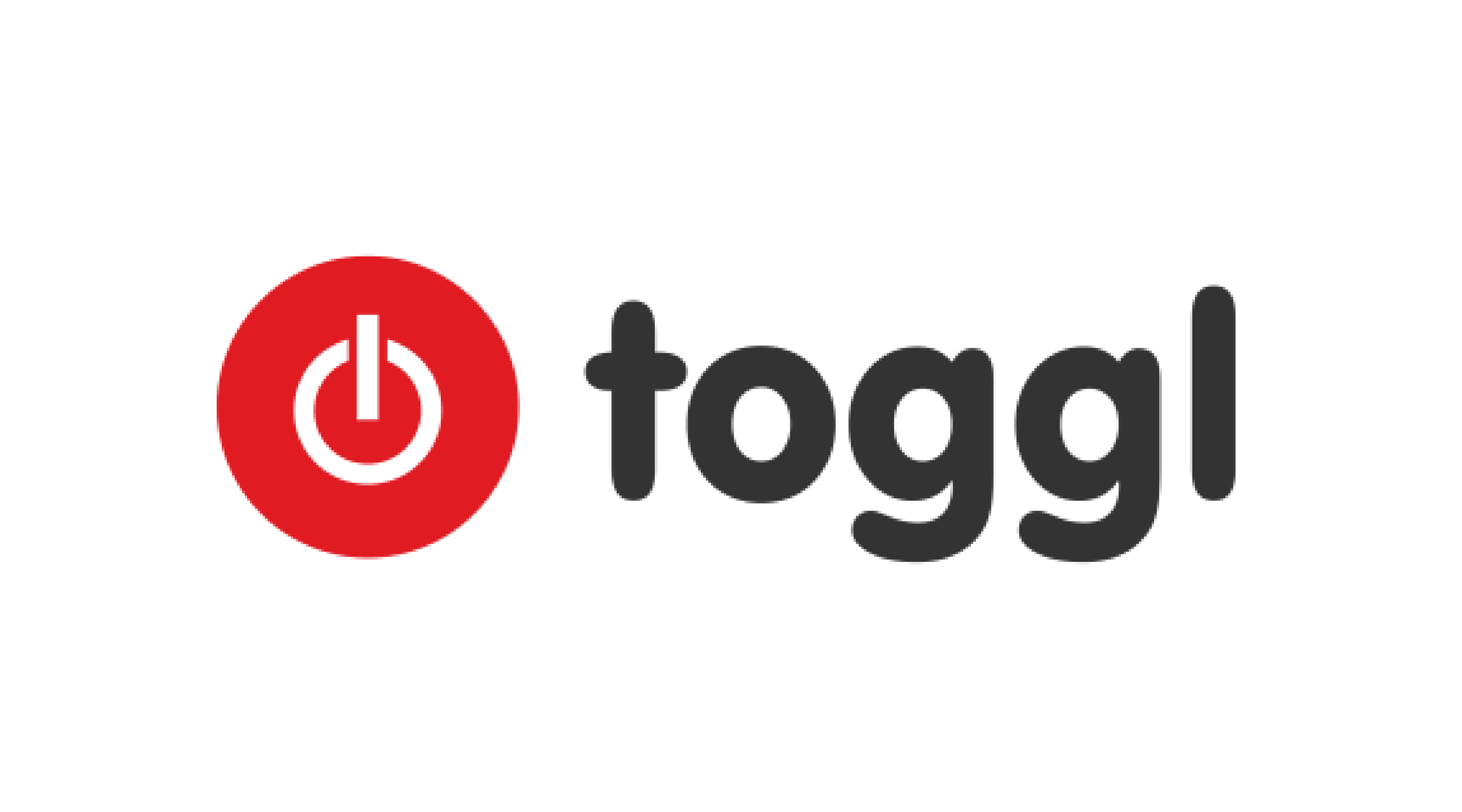
It enables users to monitor billable hours with a simple one-click timer. Toggl offers insightful reports, integrates with multiple project management tools, and provides detailed analytics to help businesses in optimizing workflow and productivity.
RescueTime is a robust time-tracking tool that offers detailed reports on how employees spend their time on digital devices.
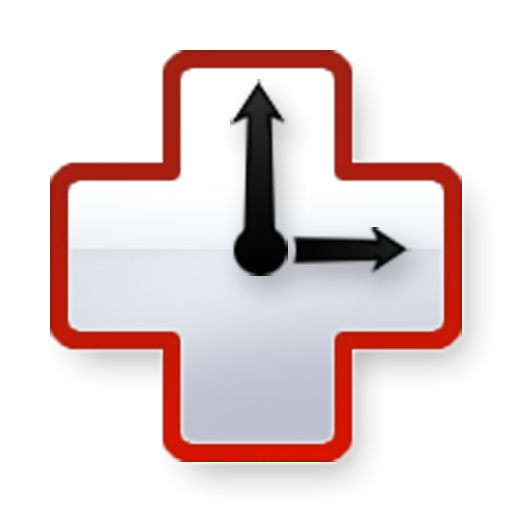
It helps in identifying distractions, setting goals, and blocking time-wasting websites. With automatic tracking, RescueTime allows organizations to improve focus, enhance efficiency, and manage time better.
Clockify is a free, feature-rich time-tracking tool that helps businesses track work hours effectively.
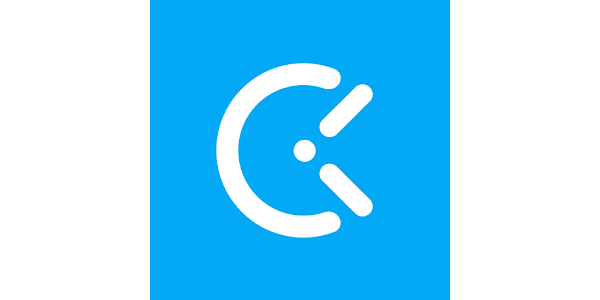
It supports unlimited users, provides project-centric time tracking, and generates real-time reports. Clockify is perfect for teams, freelancers, and organizations looking to enhance accountability and productivity.
Monday.com is a comprehensive time management system that combines project monitoring and time management. With its intuitive interface, teams can easily schedule tasks, set priorities, monitor progress, and more.

It includes integrations, visual dashboards, and automation features that foster efficiency and collaboration across organizations.
Asana is a productivity and task management tool that helps teams strategize, monitor, and manage work seamlessly. It enables users to create workflows, set deadlines, assign tasks, and visualize project progress.
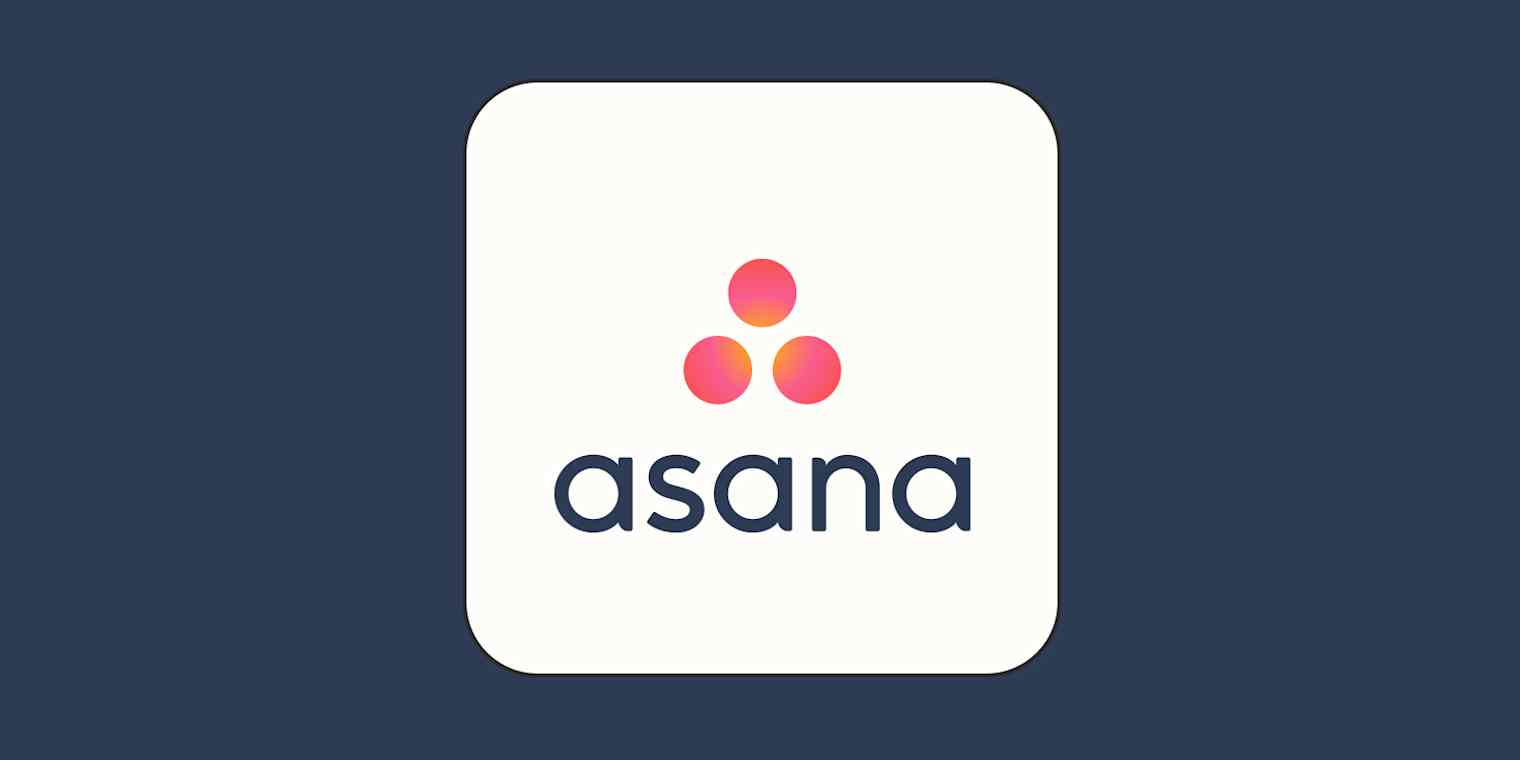
The time-tracking integrations as well as customizable dashboards of Asana make it a go-to solution for organizations looking to streamline operations.
Trello is a high-quality visual project management tool that uses a board-and-card system to help teams prioritize and organize tasks.

With the drag-and-drop feature, users can assign tasks, manage deadlines, and collaborate efficiently. Trello can also integrate with third-party time-tracking tools to guarantee accurate time management.
ClickUp is a versatile productivity tool that combines time tracking, task management, and workflow automation.

It features time estimates, built-in timers, and detailed reports. ClickUp’s customizable workflows and robust integrations make it an ideal choice for teams of every size.
Hubstaff is a cutting-edge remote team management tool that provides GPS tracking, time tracking, and productivity monitoring.
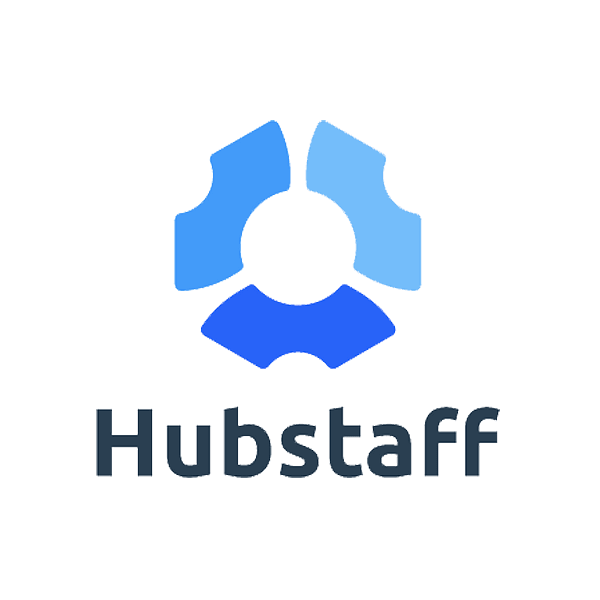
It helps businesses in managing remote employees by offering automated payroll, detailed activity reports, and screenshot monitoring, ensuring efficiency and accountability in distributed teams.
Everhour is an effective time-tracking tool tailored for businesses that use project management software.
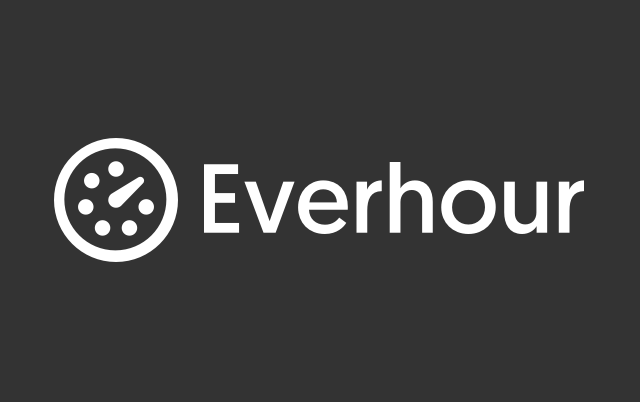
It integrates seamlessly with Trello, Basecamp, and Asana, offering budget monitoring, detailed analytics, and precise time tracking. Everhour aids businesses in improving time allocation and optimizing resource management.
These tools empower organizations to boost productivity, manage projects effectively, and maximize time utilization. Working with the right tool depends on the specific business requirements and workflow demands of an organization.
In today’s competitive business environment, efficient time management is important for long-term success. Advanced time management tools not just level up productivity but also offer businesses the accurate insights and automation they need to be competitive.
Whether it’s to manage remote teams, enhance project execution, or optimize workflows, using the right tools can make a significant impact. By leveraging modern time management systems, organizations can reduce inefficiencies, streamline operations, and achieve sustainable growth.
No related posts found.